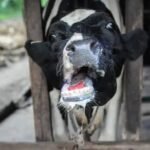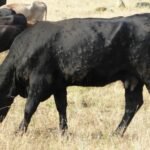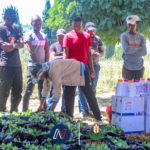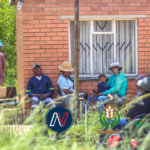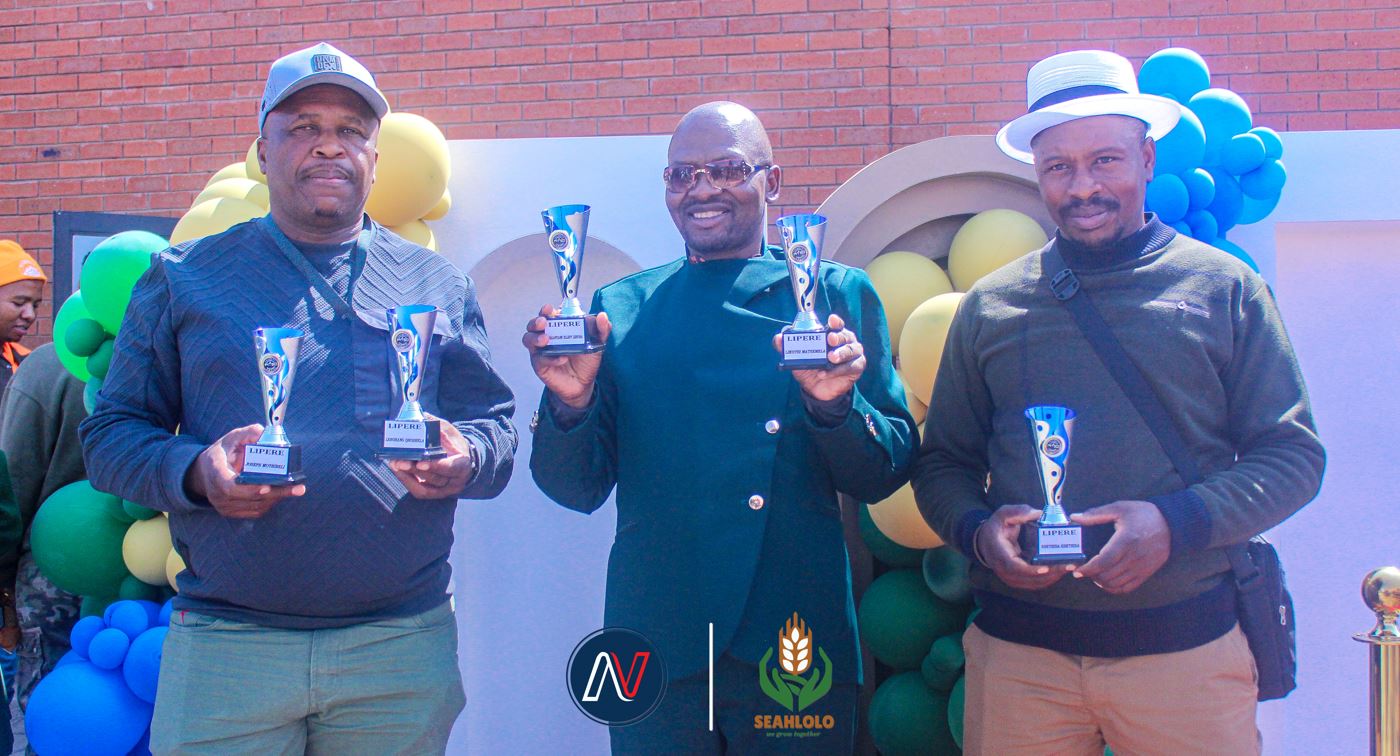For generations, horses in Lesotho have been more than animals. They were once indispensable for transport and farm labour but while machinery has replaced many of their traditional roles, horses are now finding new life in sports, recreation, and cultural heritage.
At this year’s Farmers Pitso Awards, that legacy was formally honoured with the introduction of a new category, Equine Production.
Members of the Equestrian Association of Lesotho (EAL) received recognition in this newly launched segment, which covers all aspects of equine husbandry, from breeding and raising to management of horses for work, sport, and companionship.
Founded in 1982, the Equestrian Association of Lesotho has been raising standards in breeding and sporting.
Seeing the need for recognition, the association approached Farmers Pitso organisers, believing the platform was perfect for appreciating a small but resilient industry.
EAL president Elliot Lehora explained, “The legislation of the association prioritises education of which breeds are best to keep and how to breed them. We do have all breeds of horses in the country, but we usually prioritise Trotters and Thread Race, which are good for racing. While breeds that are commonly for horse show jumping are not bred.”
Lehora emphasised that while horses remain vital to Basotho culture and identity, the industry is increasingly focusing on high-standard breeding and management for racing.
“We still have horses that are solely for farming, which is typically the Basotho Pony. However, equine production in Lesotho is now focusing on breeds that are for racing,” he said.
Recognised by the Ministry of Gender, Youth, Sports, Arts, Culture, and Social Development as well as the Lesotho National Olympic Committee, the EAL has members in all ten districts, with committees overseeing equestrian activities across the country. Yet the sector has not been without challenges.
According to the association’s chairman secretary, Lebohang Phachela, the industry has declined in recent years due to logistical and financial barriers.
“The import and export red tape has become harder and more expensive at our borders, making the horse farmers run losses in logistics,” he said.
He also pointed out that “the race horse feed is expensive and the feed voucher we have just received from the sponsor is for basic feeding of a horse. A race horse has a different diet, resulting in farmers buying food from South Africa.”
He indicated that the financial demands of equine husbandry have limited youth participation.
“A foal can cost anywhere between M10,000 and M300,000, making entry into the industry daunting…” Still, Phachela remains optimistic, “we have a countable number of young farmers carrying equine husbandry with passion.”
He stressed that persistence and commitment would yield success, as horses are assets that will benefit a farmer in the long run.
For the organisers of Farmers Pitso, this new category is not only about honouring tradition but also creating space for inclusion.
“We advocate for equal participation of women in agriculture and the addition of this category at the Farmers Pitso Awards will encourage gender balance in this niche,” said co-founder Thabiso Matsoele.
He explained that unlike other categories, Equine Production will remain an honorary award.
“The industry is fully established and there are two big horse racing events in the country. We are therefore going to honour players and breeders based on their performance. Since Equine Production is an established industry, the EAL will hand us the best players or breeders to honour on behalf of the industry itself. There will never be a time the general public votes,” he said.
This model, he added, is now permanent from the 2025 awards onwards.
For some, the category has already ignited ambition. Businesswoman and aspiring horse breeder Nkhakile Letuma said the recognition had encouraged her to push further.
“I can already just think of myself being awarded the Equine Production Award. It would be an honour as this validates the participation of women in this niche,” she said.
Though equine husbandry has long been male-dominated, Letuma said she was inspired by other Basotho women succeeding in the field.
“What began as a hobby for me has now become a financial goal, and I am hoping to have a stable of my own in three years,” she said.
For her, the Farmers Pitso recognition is not just an award but “a sign of victory.”

